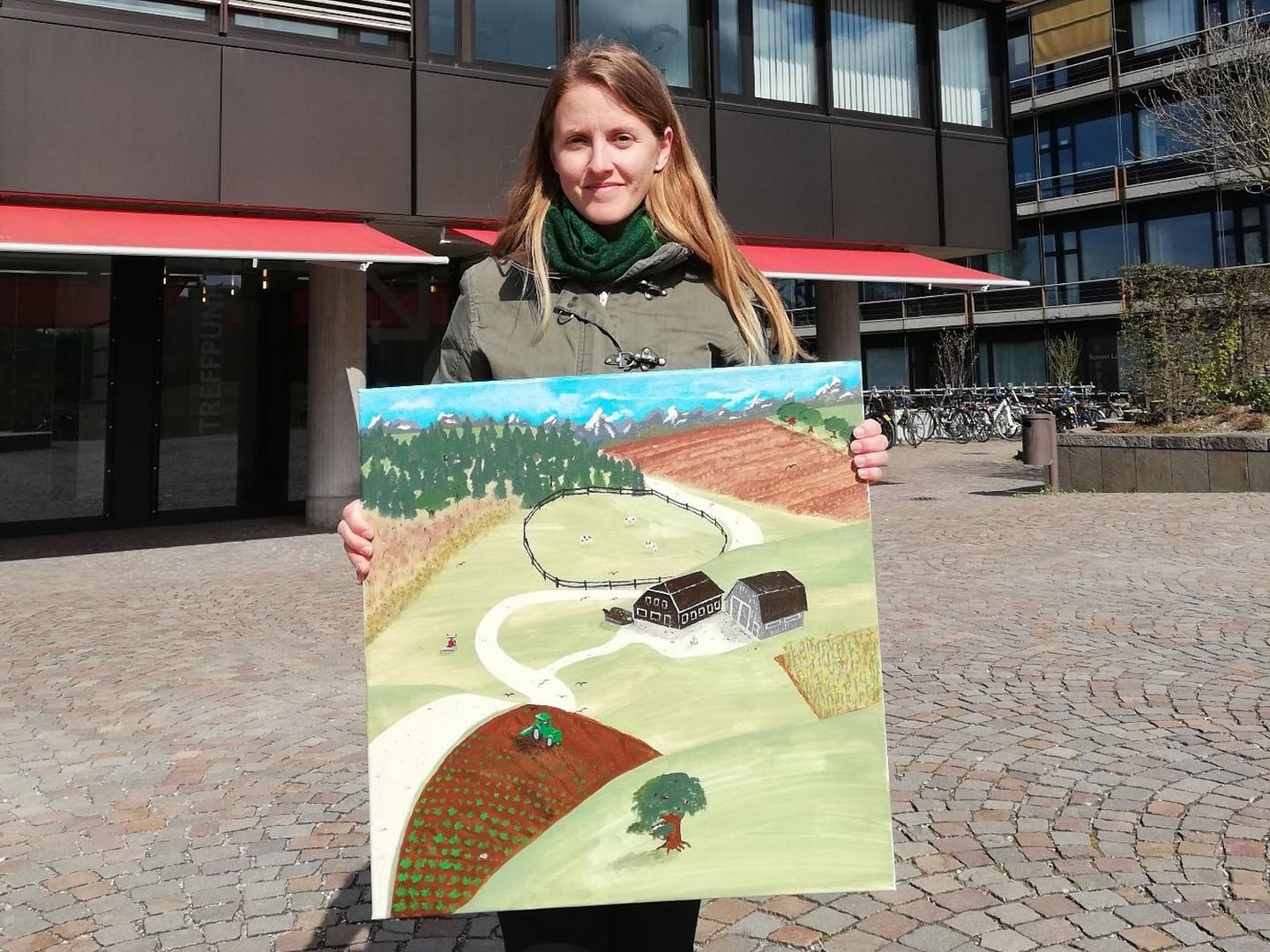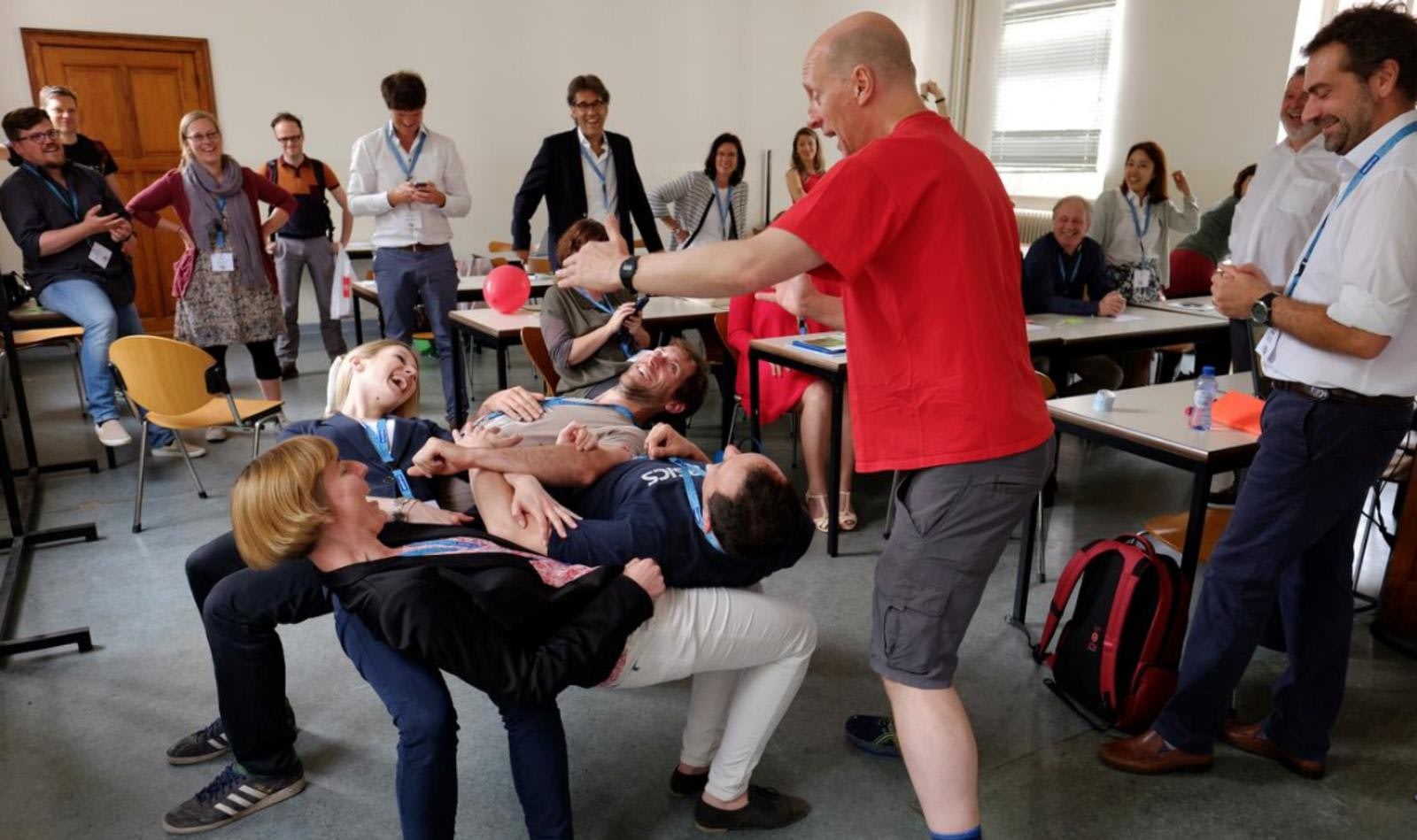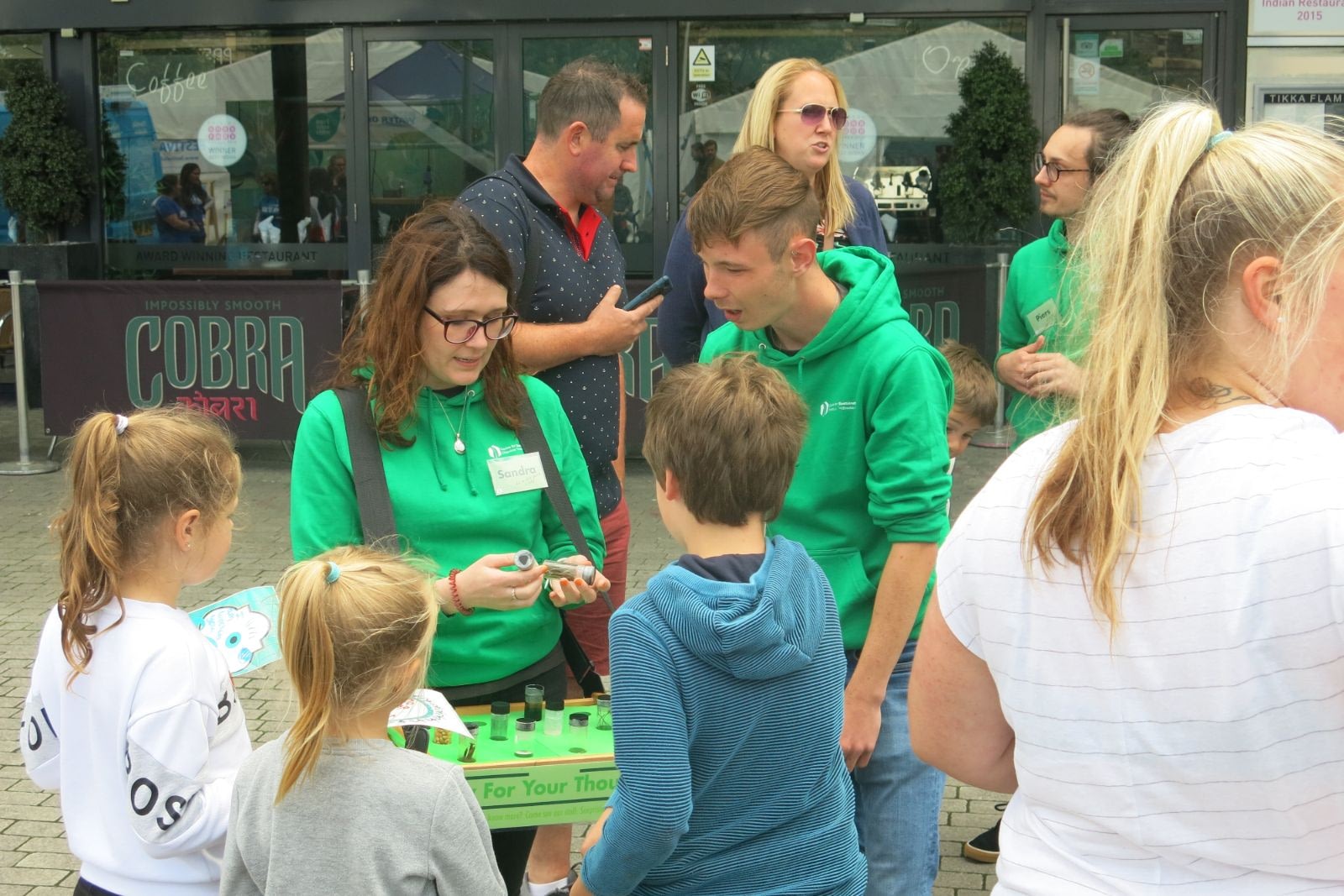Details
Client/Funder:
Zurich University (Biodiversity Means Life public engagement project)
Type of work:
Busking training (2-day course)
Date:
April 2017, April 2018, April 2019, ongoing
Website:
Biodiversity Means Life
Author:
David Price
Date written:
27/03/20
Case Study
Zurich University through the Biodiversity Means Life project seeks to support its ecology researchers in their efforts to increase public engagement and contact with diverse audiences, with particular reference to meeting the public face to face in parks, public areas and summer festivals.
Science Made Simple worked with the University to create a two-day training package designed to meet these requirements. Day 1 was dedicated to confidence boosting, training in the art and practice of science busking and working on their busking routines. On the second day participants undertook two substantial sessions of supervised science busking practice with feedback on the street and in the parks of Zurich.
The image in this case study is of a researcher who was studying the ecology of red kites and who attended the training. The researcher had painted this picture and hidden several mice within it. Holding the painting she simply approached members of the public seated at park benches and encouraged people to find the mice in the painting. Thus, engaged she had ample opportunity to introduce her research to the public.
The researchers imaginative use of her research, the use of her life inside and outside of her research, her use of props (object to help convey your message), and her gentle but authoritative use of charisma to engage audiences lay at the heart of this training package.

David provides the participants with a set of tools crucial for getting and keeping attention and interest of the audience. The tool box includes lessons about the elevated pitch, body language, voice and more. David’s enthusiasm and adaptability are truly remarkable. He seems to read each of the training participants and offer each of them the exact support and advice they need, all while providing a fun and safe environment for scientists to practice their communication skills. Scientists have reported that the skills they have obtained during the training are important not only for science outreach but also for their academic careers.





